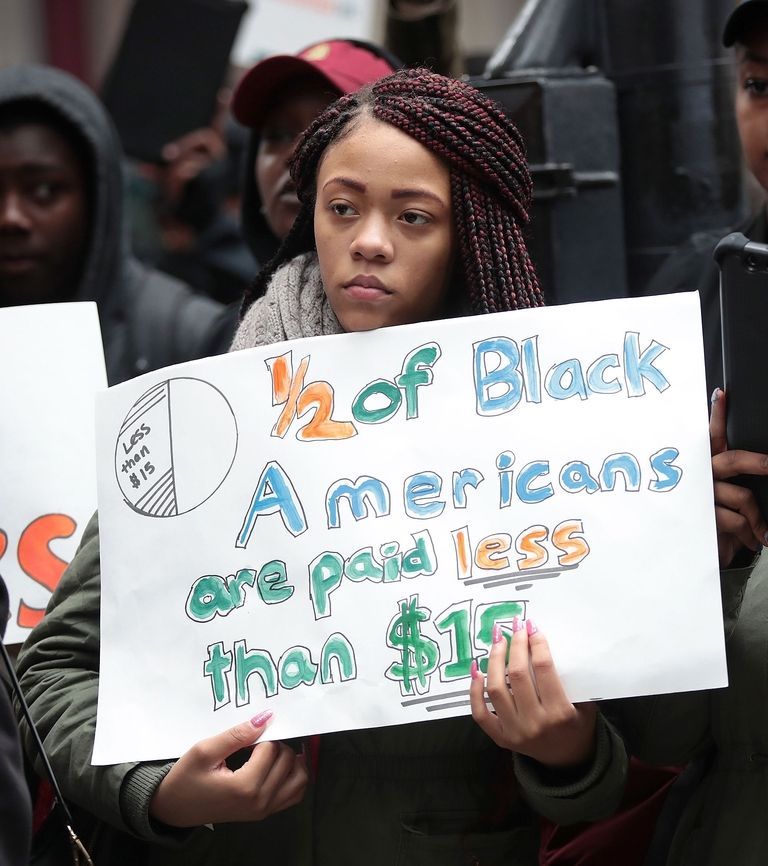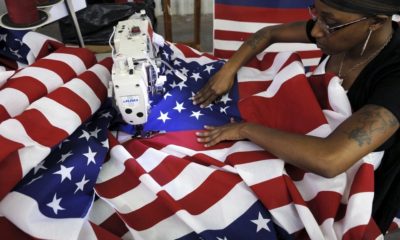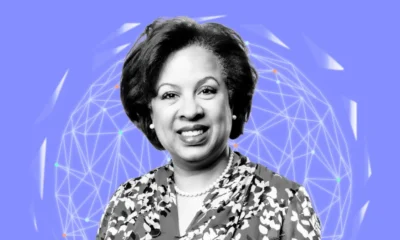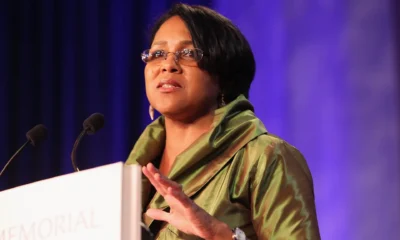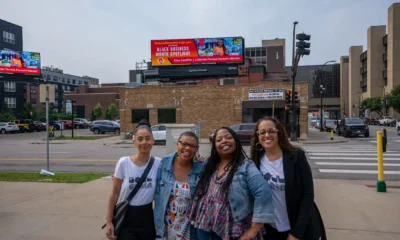Black Women in Business
Black Women Are Working Hard. It’s Time to Work Hard for Them Too.
Despite the contributions they make to our economy and democracy, black women are not seeing returns.
Decades of economic exclusion and discrimination have had intolerable impacts on black women communities. We’ve heard about the need to invest in black men and boys, from President Barack Obama’s My Brother’s Keeper program to Open Society Foundation’s Campaign for Black Male Achievement. And the last election cycle highlighted the need to fight back against the attacks on women’s well-being, from reproductive health care access to equal pay for equal work.
However, few politicians have addressed the need to specifically, and holistically, invest in black women and girls. Black women are working hard, but hard work doesn’t result in returns for black women in our economy and our democracy. Though some might argue that this is identity politics, a focus on black women and our experiences can improve conditions for all women and ensure a better future for all of us.
In 8 out of 10 black families in the United States, black women are either the sole breadwinners or contribute more than 40 percent of the family’s income, according to the National Domestic Workers Alliance’s recently released report on the status of black women in the United States. Yet black women continue to have the highest poverty rates of any ethnic group other than indigenous women, especially in the South.
Women like Priscilla Smith provide a poignant example of the consequences of failing to take care of the black women who care for us. Originally from Fayetteville, North Carolina, Priscilla committed herself to caregiving seven years ago when her daughter fell ill with a rare neurological disease. As a single mom raising four kids, she has had to make it earning about $1,100 a month as a certified nursing assistant, providing care for 28 dementia patients. All the while, she has supplemented her income with jobs on the side like hair-braiding and sewing.
On average, black women like Priscilla, living in North Carolina, make 64 cents to every dollar that white, non-Hispanic men make for full-time work. Due to the legacy of slavery and Jim Crow, most women who provide care work in the U.S. are still not covered by basic labor protections, such as workplace safety, anti-discrimination laws, and the right to organize into a union that can fight alongside them for rights and dignity. Additionally, North Carolina is a right-to-work state, which allows workers to still enjoy the benefits of unions — like better wages and benefits — without having to pay union dues. Such barriers weaken the ability of women like Priscilla to organize their workplaces for fair pay and safer working conditions.
Despite these challenges, black women are working harder than ever for a better democracy. In 2008 and 2012, black women had the highest voting rate of all groups of men and women. Despite high rates of participation, black women are underrepresented at every level of state and political office. As of August 2016, black women held 3.4 percent of elected seats in Congress and just one seat in the Senate. And in state legislatures, the story is the same.
We know that who is in office makes a difference in our everyday lives. Those who we elect help make decisions about how resources are distributed, while creating policies that can either help or harm already vulnerable communities. In exit polls from Election Day in 2016, 76 percent of black women who voted said they were scared of Trump winning the election, showing concern over women’s rights and the deaths of unarmed black people at the hands of police. If there’s no one looking out for black women in a gendered and racialized economy, black women are sure to get left behind, time and time again.
Please read original article – Black Women Are Working Hard. It’s Time to Work Hard for Them Too.



